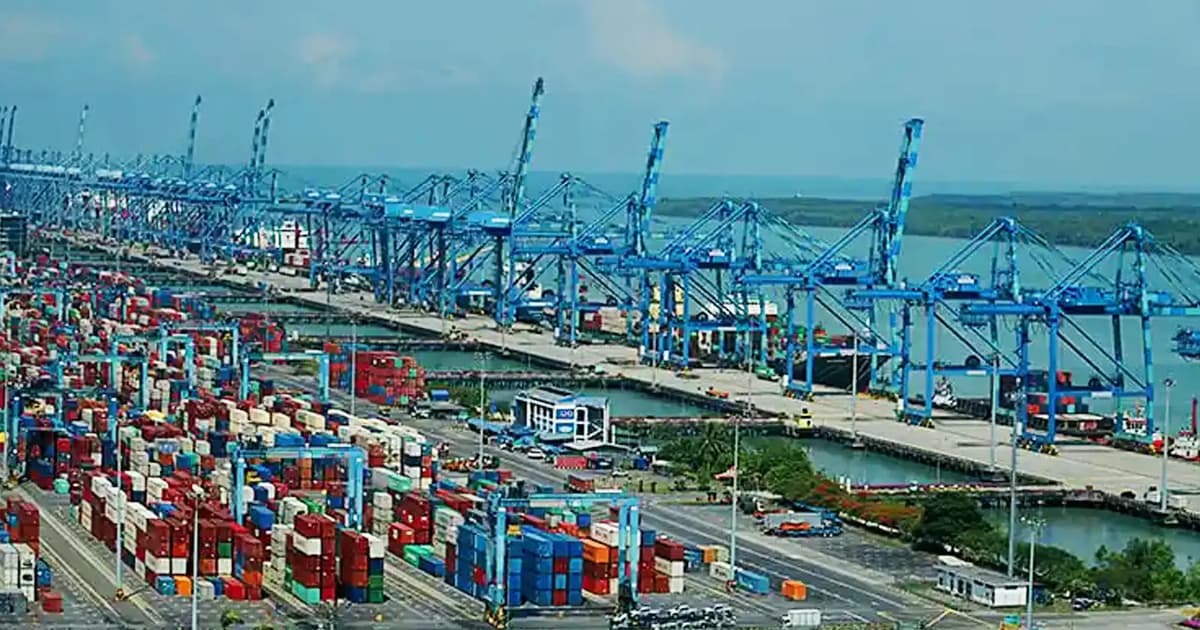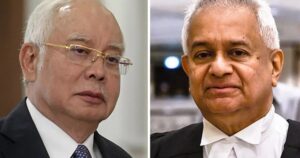
Transhipment activities have not yet been fully clarified in terms of enforcement implementation as the US has not outlined in detail the categories of such activities, says the ministry of investment, trade and industry (Miti).
Miti, in a written reply published on the Parliament website today, said that on July 31, US president Donald Trump had announced a new executive order on reciprocal tariff rates, with Malaysia being imposed a 19% rate effective Aug 7.
“The latest US executive order stipulates that goods identified by the United States Customs and Border Protection (CBP) can be subject to tariffs of up to 40% instead of the original reciprocal rate,” it said.
The ministry noted that transhipment activities are not in conflict with the laws of any country as they are part of a global business strategy.
“However, transhipment involving the abuse of Certificate of Origin (COO) to circumvent or avoid import duties is an act that violates regulations,” it said, replying to a question from Senator Rita Sarimah Patrick Insol regarding the impact of US tariffs on the volume of transhipment cargo handled at Malaysia’s main ports.
Miti said the ministry had fully taken over the issuance of Non-Preferential Certificates of Origin (NPCO) for Malaysian products exported to the US, effective May 6, which were previously issued by business entities.
The improved NPCO criteria states, among others, that goods must be sourced or produced entirely in Malaysia, have at least 25% local content, and undergo significant changes in tariff classification.
Miti has also tightened controls by increasing audits of exporting companies, working with the US authorities to combat “origin-washing”, and reminding the industry that false origin information can damage the country’s reputation and carry the risk of trade sanctions.
The ministry said the government would continue to monitor current developments to ensure the country remained a transparent and trusted logistics hub in the Southeast Asian region.






